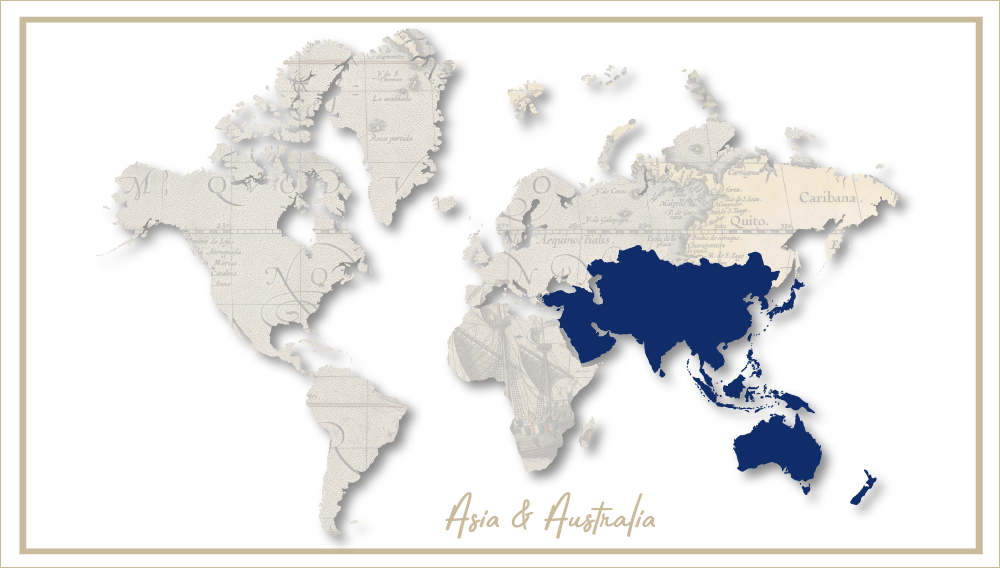Have a beer but mind where you do
When the United States invaded Iraq, it hoped to turn the country into a booming economy fuelled by its oil reserves that are among the largest in the world. Alas, the fighting never stopped and the U.S. vision remained, well, a vision. A year ago, American troops left. But the nation’s leaders are still locked in a political crisis while insurgents launch attacks. Many wonder: where is Iraq headed?
Ironically, the sale of alcohol and beer may provide some pointers. Although Iraq is a mainly Muslim nation, there are several minority groups in Iraq, about 3 percent of the total population of 31 million people, which are tolerant towards alcohol. Often members of these groups will be the ones that run bars or alcohol shops.
The Iraqi media outfit Niqash reports that "in the 1970s and 1980s Iraq did have alcohol fuelled nightlife but Saddam Hussein’s religious campaigns ended this to a great extent in the 1990s. Then, after his regime ended in 2003, there was a small resurgence in alcohol sales but this too was brought to end by the religious nature of Iraqi society."
This is echoed by the fate of Iraq’s most popular domestic beer brand Ferida (alternative spelling Farida). As the Deccan Herald, an Indian newspaper, has the story, it was in 1954 that Khadduri Khadduri, a Christian, established the Eastern Brewery which made Ferida beer. The secular pan-Arab socialistic Baath party nationalised the firm in 1973/74 and in 1975/76 established two breweries, one in the mixed Christian-Muslim city of Mosul and the other at Amara, a very strict Muslim city where workers had to be brought from China. Ferida’s production peaked at 15 million litres a year during the 1980-88 Iran-Iraq war.
Ferida’s volumes started to decline when sanctions were imposed by the UN in 1990, after Iraq invaded Kuwait, and Saddam imposed a 50 percent cut in production. In 1998 Ferida licensed a Jordanian company to make Ferida in Amman, while continuing as a soft drinks plant in Baghdad. However, in 2004 Shia fundamentalists halted beer production in all existing Iraqi breweries. End of story.
This does not mean you cannot get any beer in Iraq these days. You can – however the availability and the variety of choice depends largely on where you are. According to some market observers, 50 different beer brands are available across the country, including alcohol-free beer. Heineken seems to be the biggest selling brand followed by Turkey’s Efes.
Probably for political reasons, Efes would not say how much of their beer crosses the border into Iraq.
But according to a report by the Turkish Undersecretariat of Foreign Trade (DTM), which came out in 2011, nearly 40 percent of Turkey’s beer exports in 2010 went to Iraq. Iraq accounted for approximately USD 27.5 million of Turkey’s USD 68.4 million in beer exports that year. In 2008 Turkey exported USD 21.1 million in alcoholic beverages to Iraq and USD 27.3 million in 2009.
Iraq has become Turkey’s largest alcohol export market since the United Nations lifted its embargo on Iraq in 2002, the Turkish newspaper Hürriyet reported in December 2011.
Most beer is probably consumed in Kurdistan, an autonomous region in northern Iraq, which borders with Turkey. In recent years the region has seen a phenomenal economic growth driven by the exploitation of its gas and oil reserves. Its fast growth has already gained its capital Erbil the nickname "the new Dubai", but local authorities prefer to call Kurdistan "the other Iraq" to underline the stable and peaceful conditions of the region, in contrast with the sectarian killings and daily bombings still ravaging the rest of the country.
Thanks to a growing middle class, per capita income in Kurdistan is forecasted to reach nearly USD 7,000 in 2012, warranting French supermarket group Carrefour to open its first hypermarket in Erbil in January this year.
According to German media, there are at least three beer importers based in Kurdistan. How much beer they import is unknown. One importer said that he imports about 1,000 hl beer per month.
Although there has been talk of building a brewery in Kurdistan, neither current sales volumes nor Iraqi law allow for such an investment. As the importer Dler Rufoo said, for as long as Turkish Efes is available cheaply, no one will push for a brewery.
The situation in Kurdistan is markedly different from Baghdad, Iraq’s capital city of an estimated 6 million people, where alcohol retailers and bars have led a precarious existence for the past nine years. They have frequently been the target of attacks by anti-alcohol protesters, but early September 2012 saw the first raid on them by Iraqi armed forces. Army special forces carried out raids of dozens of nightclubs and beat up customers. In the aftermath of the raids, many of the clubs and bars were closed.
Nevertheless, beer can still be found on Baghdad’s black market as one visitor to Baghdad recently found out. He told Brauwelt International that prices for a crate of 24 cans (0.5 litres each) were:
Efes: USD 12.00
Tuborg: USD 14.,00
Heineken: USD 18.00
Corona: USD 21.00
Amstel: USD 15.00
On the evidence that beer continues to be available in Baghdad, there must be quite a few Iraqis around who defy the general anti-alcohol sentiment and enjoy a cold one every now and then.

